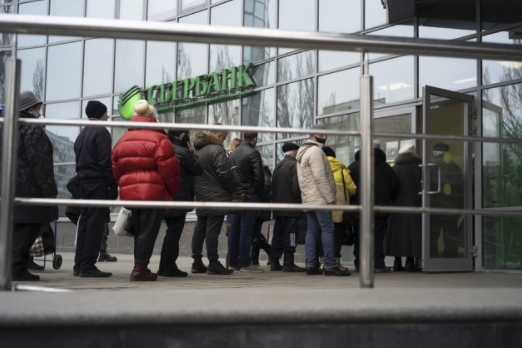
A number of Russian entities sanctioned by the Biden administration after the invasion of Ukraine have been able to keep the full extent of their lobbying footprint in Washington, D.C., hidden due to a wrinkle in disclosure laws.
For years, Russian entities registered to lobby under the Lobbying Disclosure Act, rather than registering under the Foreign Agents Registration Act, or FARA, according to public filings. They were able to do so so long as a foreign government or political party was not the “principal beneficiary” of the lobbying effort. As a result, those Russian entities were able to influence U.S. policy without disclosing details with the Department of Justice about the scope of their outreach.
Top lobbying shops like Squire Patton Boggs registered under the LDA to represent Gazprombank, which the Treasury Department called Russia’s third-largest financial institution. BGR Group and Roberti Global registered under the LDA to represent Nord Stream 2 AG, the company behind the now-defunct energy pipeline project. And […]











This is important information for the American Public to hear: how little influence they actually have on their own government.